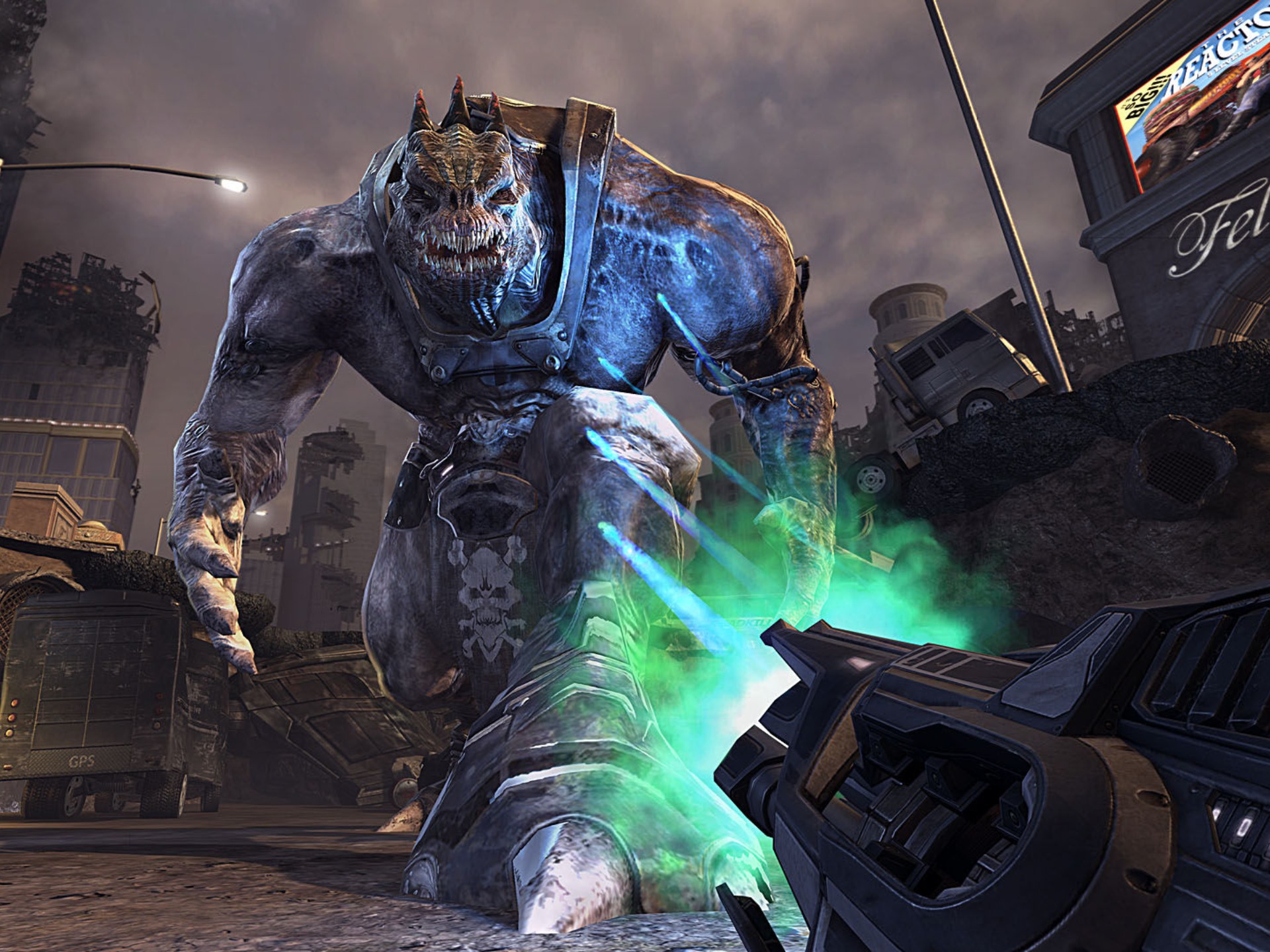Why Its Fandom Is Overly Critical: The Psychology Behind Fanbase Nitpicking
Introduction
Fandoms are meant to be communities of passionate supporters who celebrate their favorite media—be it movies, TV shows, video games, or books. However, in recent years, many fanbases have developed a reputation for being overly critical, often nitpicking every flaw, demanding perfection, and even harassing creators when their expectations aren’t met.
Why does this happen? What drives fans to scrutinize every detail rather than simply enjoying the content? This article explores the psychological and social factors behind why some fandoms become excessively critical.
1. High Emotional Investment Leads to Higher Expectations
Fans who deeply love a franchise often invest significant time, money, and emotional energy into it. This intense attachment creates unrealistically high expectations. When a new installment fails to meet these expectations—whether in storytelling, character development, or production quality—fans react with frustration.

Example:
- Star Wars fans criticized The Last Jedi (2017) for subverting expectations, leading to heated debates and backlash against director Rian Johnson.
- Game of Thrones Season 8 faced immense backlash for its rushed pacing and unsatisfying conclusions.
The more fans care, the more they demand perfection—and the harsher their criticism becomes when they feel let down.
2. The Influence of Social Media and Echo Chambers
Social media amplifies negativity by creating echo chambers where like-minded fans reinforce each other’s criticisms. Platforms like Twitter, Reddit, and YouTube allow dissatisfied fans to voice their opinions loudly, often drowning out more moderate or positive perspectives.
Key Factors:
- Viral Outrage: A single negative take can spread rapidly, shaping the broader fan discourse.
- Mob Mentality: Once a critical narrative takes hold, others join in to avoid being seen as "uncritical" or "blind fans."
- Content Creators Profiting from Criticism: Many YouTubers and influencers gain views by nitpicking flaws, further fueling negativity.
3. Nostalgia Bias and Resistance to Change
Many fans hold nostalgic attachments to earlier versions of a franchise. When new creators introduce changes—whether in tone, characters, or themes—some fans reject them outright, believing the original was superior.
Examples:
- The Lord of the Rings vs. The Rings of Power – Some fans criticized Amazon’s adaptation for deviating from Tolkien’s lore.
- Ghostbusters (2016) faced backlash for its all-female cast, with many fans arguing it "ruined" the original.
Nostalgia creates an idealized version of the past, making new iterations seem worse by comparison—even if they’re objectively well-made.
4. The "Entitlement" Problem: Fans vs. Creators
Some fans develop a sense of ownership over franchises, believing their opinions should dictate creative decisions. When creators take the story in an unexpected direction, these fans feel betrayed and lash out.
Why This Happens:
- Crowdfunding & Fan Engagement: Modern media often involves fan feedback (e.g., Kickstarter campaigns, early access games), making fans feel like stakeholders.
- Corporate Decisions Over Artistry: When studios prioritize profit over storytelling (e.g., rushed sequels, excessive fan service), fans blame the creators rather than the system.
This leads to toxic behavior, such as review bombing, harassment of writers/actors, and demands for retcons.
5. The Need for Validation Through Criticism
In some cases, hyper-critical fans derive satisfaction from pointing out flaws because it makes them feel more knowledgeable than casual viewers. This is especially common in:
- Cinema analysis circles (e.g., nitpicking plot holes in blockbusters)
- Gaming communities (e.g., frame rate debates in Cyberpunk 2077)
- Comic book fandoms (e.g., debates over comic accuracy in the MCU)
By dissecting every flaw, these fans assert their expertise, gaining social validation within their communities.
6. The Role of Corporate Exploitation and Franchise Fatigue
When studios over-milk franchises (e.g., endless sequels, reboots, spin-offs), fans grow fatigued and resentful. Instead of blaming corporate greed, they direct frustration at the creative teams.
Examples:
- Marvel’s Phase 4 received criticism for "quantity over quality."
- The Fast & Furious series is often mocked for becoming increasingly unrealistic.
Fans who once loved a franchise may turn against it when they feel it’s being exploited for profit rather than artistic merit.
Conclusion: Can Fandoms Be Less Toxic?
While criticism is healthy, excessive negativity harms both creators and fans. To foster better discussions, fandoms should:
✅ Separate personal preferences from objective flaws
✅ Avoid harassment and respect creators’ visions
✅ Recognize that no work is perfect—enjoyment matters more than nitpicking
Ultimately, fandoms thrive on passion—but when that passion turns into entitlement and toxicity, it risks ruining the experience for everyone.
Final Thought:
"A fan’s love should inspire, not destroy."
Would you agree? Let us know in the comments!
Tags: #FandomCulture #FanEntitlement #MediaCriticism #SocialMediaImpact #NostalgiaBias #ToxicFandoms #PopCulture #FilmAnalysis #GamingCommunity #TVShows


















